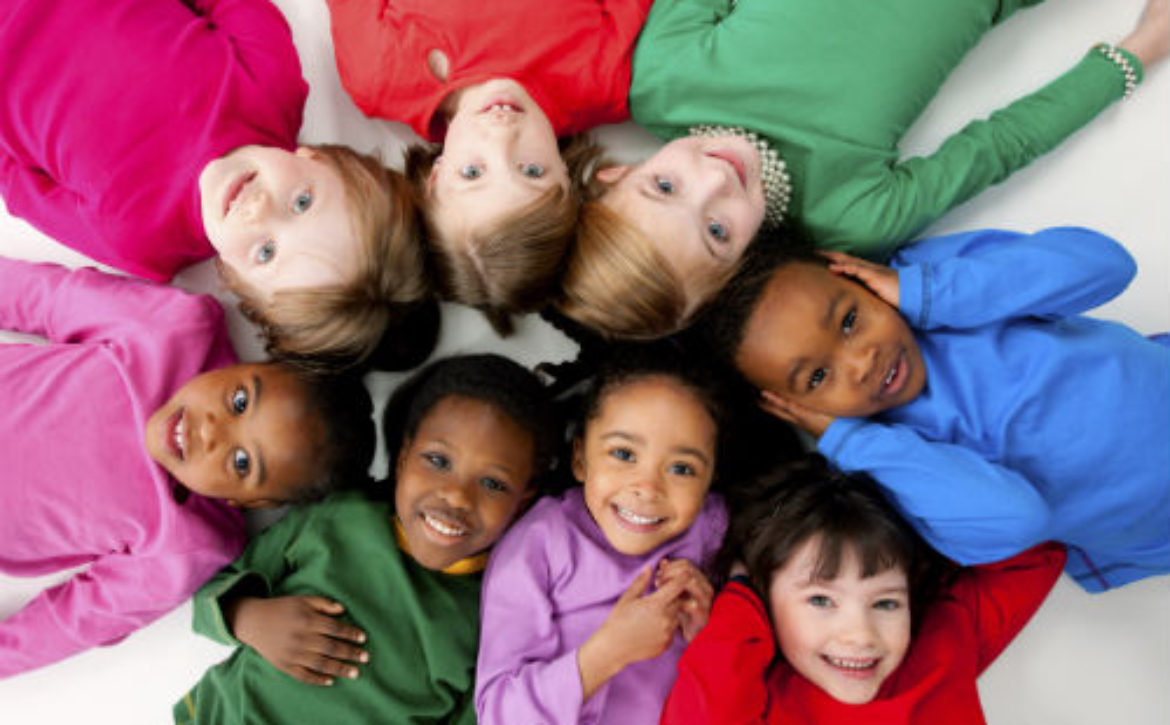Know Your Child
Children are supposed to break the rules and test the limits sometimes. That’s how they learn about which behaviors are acceptable and which behaviors are inappropriate.
Preschoolers come in all shapes and sizes, but preschooler development at 4-5 years typically has a few things in common. Many times we fail to understand the behavior of our child,
- “is my child is behaving normal/abnormal”,
- “he/she is not able to cope with the academics”,
- “he/she asks many questions”,
- “Throwing temper tantrums”,
- “he/she is very aggressive, beats other at home and school”
However, if the child behaves more or less, any of the given above, it’s hard to know whether your child’ behaviour falls into real of “normal” or “abnormal” behaviour problem.
Here’s what your preschooler might be doing, how you can help and when to see a child health professional.
Preschoolers (4 to 5 Year Olds)
At this age, your child is exploring and learning to express his/her Emotions.
- By talking
- Using gestures and noises
- Painting and making things
- Likes to be around people
- Want to please and be like her preschool-age friends.
Imaginary friends could be important to her too. As part of getting along with others, you might hear her saying sorry, agreeing to rules and being pleased when good things happen to other people.
When it comes to Cooperating, your child is likely to be more helpful but sometimes he might still be demanding, by that time, the child probably have more control over his behaviour and have fewer temper tantrums.
Initially child might feel anxious about starting school, talking to her about this and even visiting the school together can help her feel less worried.
Many parents have complaints that their child hide the truth about things sometimes, or even start telling lies. For example, ‘I didn’t do it’ even when he/she has done. This is a normal part of your preschooler’s development.
Playing and learning
Play is important because it’s still how your child learns and explores feelings and it also helps to in their physical as well as mental growth.
When it comes to play, your child likes to:
- Sing
- Dance
- Act
A child also loves make-believe play and is learning the difference between fantasy and reality. They more aware of her gender and might want to play gender-based games– for examples, girls might want to play at being ‘Mum’. Your child might also try different roles and behaviour, like being a doctor or getting married.
Your preschooler might be very curious about bodies – his own and other people’s. For example, you might find your child looking at his own and other children’s genitals. A combination of natural curiosity and role-playing is usually a normal part of childhood sexual behaviour.
Motor Development
Preschooler loves moving and being active
- Walking down steps (maybe using the rail) with alternating feet,
- Throwing
- Catching and kicking a ball
- Running
- Climbing
- Jumping
- Hopping
- Balancing on one foot.
Child might also develop some new gross motor skills – for example, skipping, jumping backwards or jumping while running.
Fine motor skills are improving too.
For instance:
- Putting a paper clip on paper
- Cut with child-safe scissors
- Write his first name and some letters
- Draw a triangle or a person with 8-10 body parts.
Others:
- say her own name, address and telephone number
- know her left from her right
- explain how some objects work – for example, how to close the lid on a jar
- work out which object is heavier
- name four colours
- talk about events in the past, present and future – for example, know the difference between things she has done, is doing and will do.
Here are some simple things you can do to help your child’s development at this age:
- Give your child lots of Playtime: play helps preschoolers express feelings like joy, excitement, anger or fear. Your child might like messy play – in sand or mud or with paints – play with puppets or toys, or outdoor play with plenty of running, tumbling and rolling.
- Make time for creative and artistic play: painting, drawing or dress-up games. Musical play is another idea – your child might like to dance, jump around or make music with simple instruments.
- Read with your preschooler: reading together, telling stories, singing songs and reciting nursery rhymes all encourage your child’s talking, thinking and imagination.
- Do some cooking with your child: this helps your preschooler to get interested in healthy food, learn new words and understand maths concepts like ‘half’, ‘1 teaspoon’ or ‘30 minutes’. You can give him simple things to do, like tossing a salad or putting together sandwiches.
- Play games with your child that involve learning to share and taking turns. When you play, say things like, ‘Now it’s my turn to build the tower, then it’s your turn’, or ‘You share the red blocks with me, and I’ll share the green blocks with you’. Sharing is still hard for children at this age, so give your child lots of praise when she shares.
As a parent, you’re always learning. Every parent makes mistakes and learns through experience. It’s OK to feel confident about what you know. And it’s also OK to admit you don’t know and ask questions – often the ‘dumb’ questions are the best kind!
Your own physical and mental health is an important part of being a parent. But with all the focus on looking after a child, lots of parents forget or run out of time to look after themselves. Looking after yourself will help you with the understanding, patience, imagination and energy you need to be a parent.
Never shake a young child.

